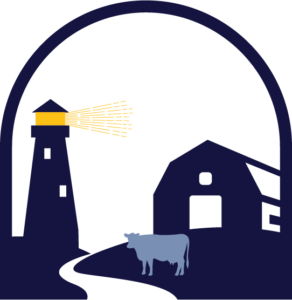A vibrant sustainable farming and food model in the Seashore
With the pastoral zone established in the Seashore in 1962 by the National Park Service, the table was set for the next generation of agricultural families to build on.
For decades, local farmers and ranchers have contributed significantly to the Seashore to create a productive agricultural landscape that is a national model. The original vision for the Seashore is an example of environmentalists, community members, and farmers working together to protect the environment and create a local, sustainable farming and food system.
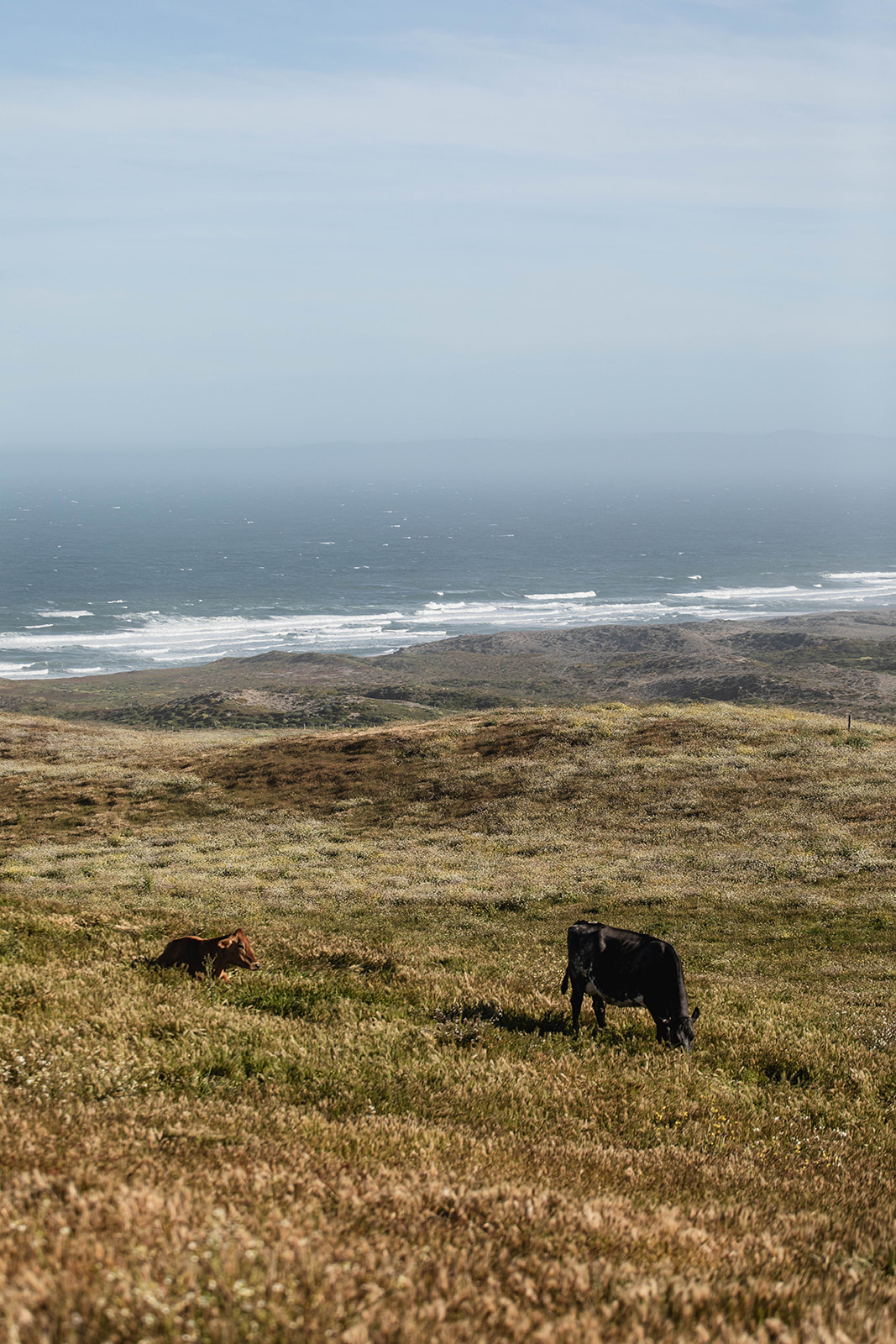
PRNS ranches and dairies accounted for nearly 20% (approximately $17 million) of all gross agricultural production in Marin County. These ranches and dairies play a critical role in maintaining the stability of our agricultural and rural communities by providing high-quality food, livelihood, and support for the region. Along with other agricultural areas in the County, they represent a critical link in our farm-to-fork growing cycle that supports our farmers’ markets, local cheese processing operations, our fresh restaurant offerings, and other local businesses.
Today, five dairies and a handful of ranches are in the Park. The five dairies are certified organic out of the 16 organic dairies in Marin County. These dairies contribute more than 22% of Marin County’s organic milk production. Organic dairy farming has provided a more stable pricing model, helping the region improve the local economy.
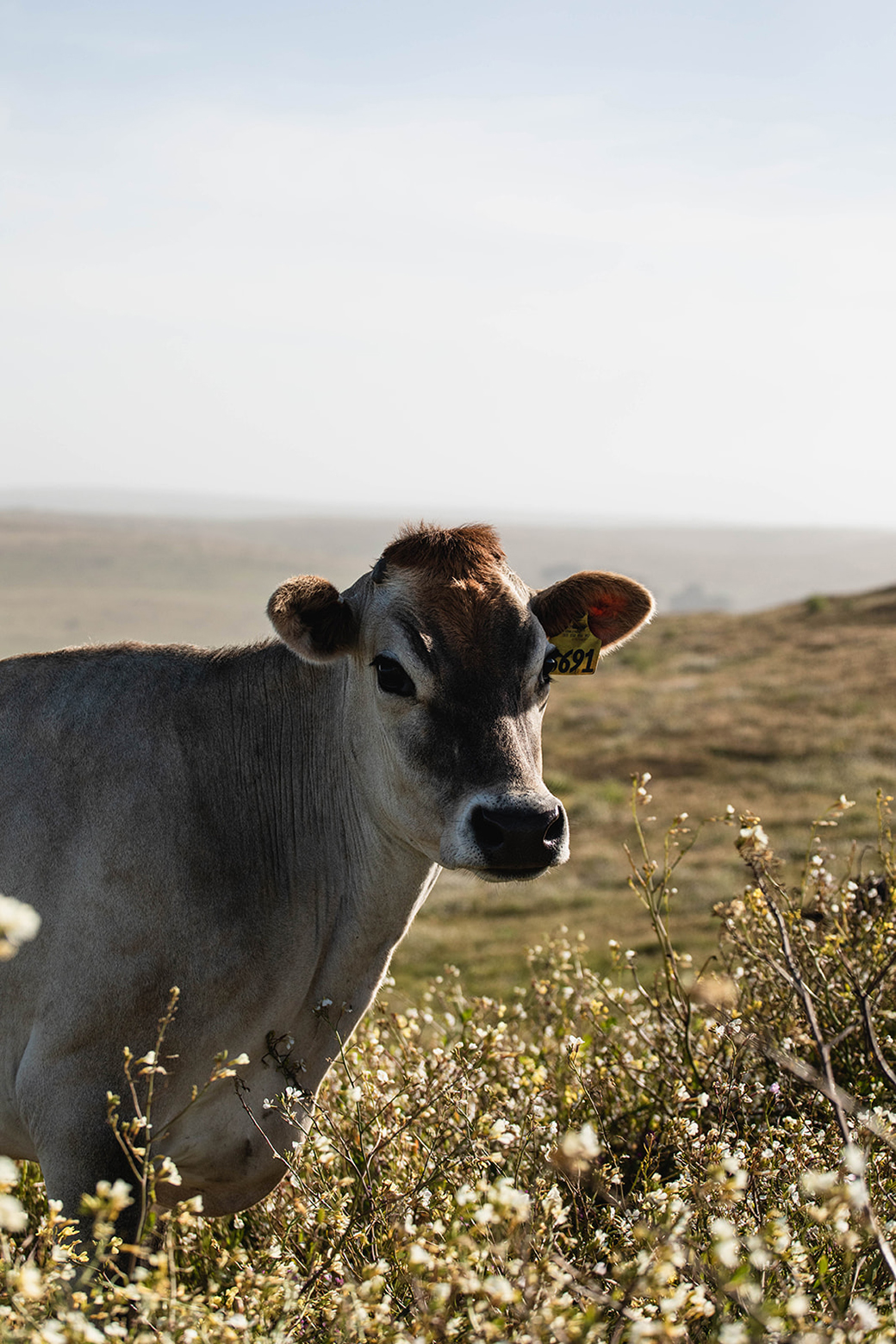
Family Dairy Farms, Ranches, & Elk
Family Farms and Elk can coexist in the Seashore. We must manage them collaboratively with an effective natural resource management plan supporting farming and Elk within the Park’s natural ecosystem. This approach allows the Park to protect the animals, plus the farms and ranches that feed our communities, while also preserving our natural resources and respecting our environment.
Cattle ranching can be hard on the land (as can elk), but when managed with intention, grazing animals can help repair the soil and revitalize the grasslands. A 2013 scientific study by the Marin Carbon Project showed that managed grasslands can pull carbon from the atmosphere in the same way forests can and that this is one of the most effective tools we can use to reduce climate change.
Many ranchers in Marin are using these techniques designed by this study to grow healthier pastures for their cows while improving water retention, soil, and air quality. Rotational grazing has helped in controlling erosion on the hillsides caused by overgrazing. The Marin Resource Conservation District has provided help to farmers by planting hedgerows and windbreaks along the creeks and estuaries in West Marin—bringing back aquatic life and native plants back to those waters.
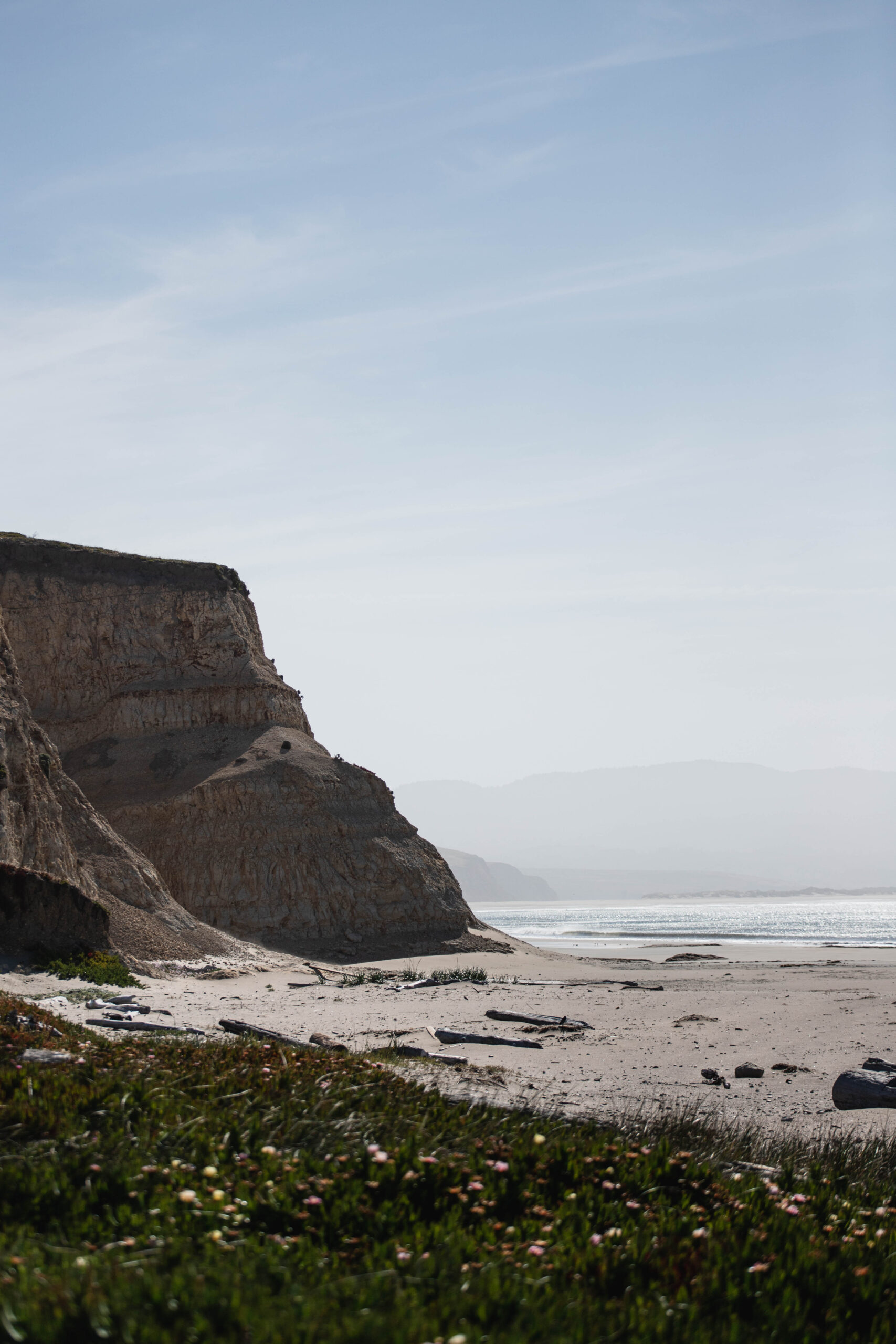
Advancing Sustainability
The Marin County community has been building a healthy local food system established on organic and sustainable farming practices and principles that have worked in harmony with nature over the past decades. These family farms and ranches represent a model of farming and ranching that is being replicated around the world as the future of food. The farming and ranching communities benefit our region by enhancing our culture, improving rural economies, supporting local businesses, and offering access to nutritious food.
Approximately 50% of the land in Marin County is privately owned agricultural land, which means we have a tremendous opportunity to promote a local economy and address climate change and natural resources protection through voluntary, private land conservation.
These agricultural communities also play a crucial role in addressing climate change.
Download this paper outlining recommended actions for Mitigating Catastrophic Wildfires with Science-Based Grazing Management Strategies that was submitted to the CLEEN project.
Long-Term Leases are Essential
Organic dairy farming and cattle ranching are demonstrating that agriculture can be one of the solutions to climate change that protects ecosystems, the planet and our communities. Long-term leases are essential for these ranches and dairies to invest in a sustainable farming model with regenerative agricultural practices for future generations.
